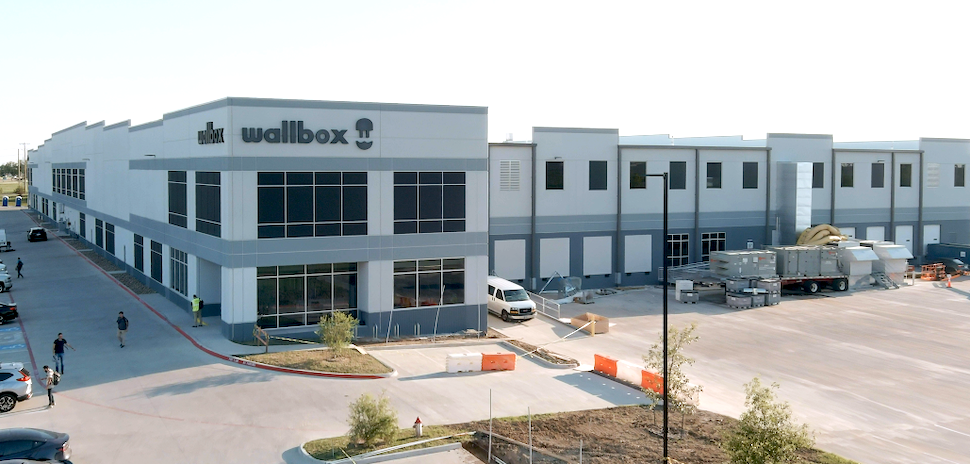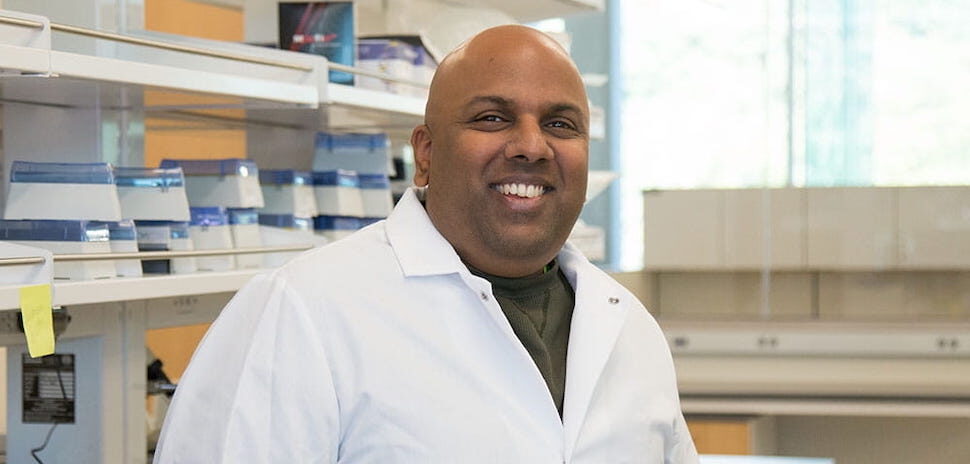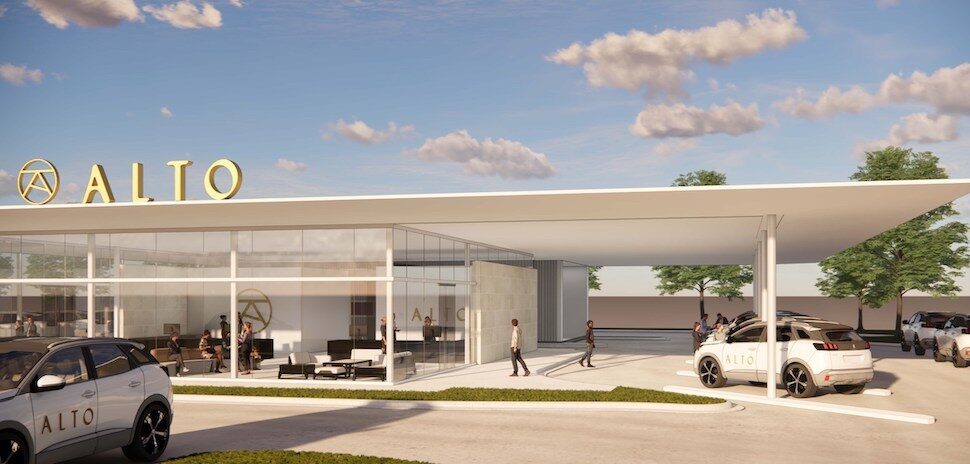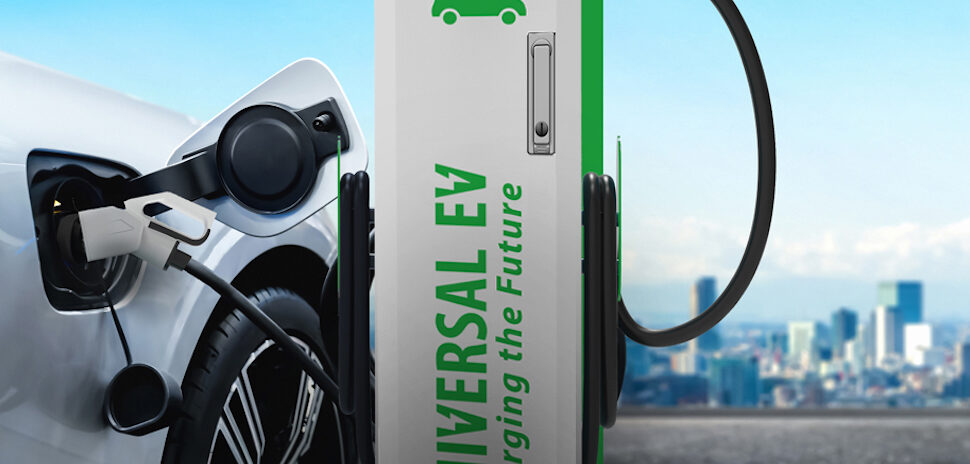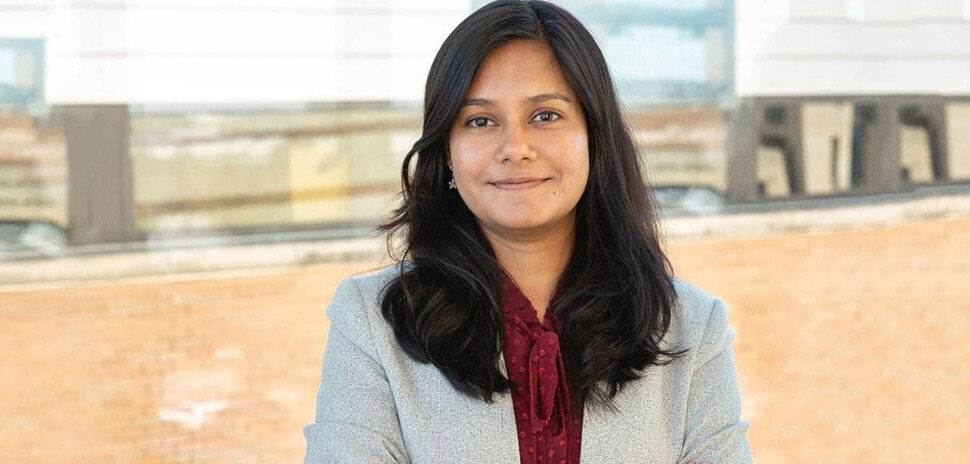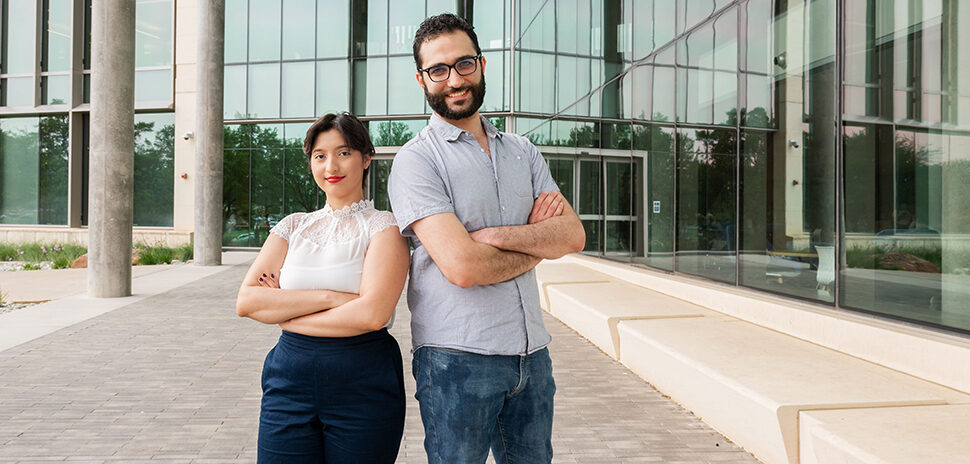Electric vehicle charging technology company Wallbox has opened the doors to its first U.S. manufacturing facility in Arlington.
Adding to its other manufacturing operations in Europe and China, the Barcelona-based company said the new North Texas facility will begin pumping out more than 250,000 units this year. The facility will create hundreds of jobs as it ramps up production in the future, Wallbox added.
“Today only 3% of the chargers required globally for the next decade have been installed, showing the magnitude of the need for innovative and reliable charging solutions,” Enric Asunción, CEO of Wallbox, said in a statement. “Bringing Wallbox’s manufacturing capabilities to the U.S. significantly bolsters our ability to meet U.S. needs, deliver to public funding programs, and drive the energy transition.”
Wallbox to create 700 local jobs by 2030

Wallbox Hypernova EV chargers. [Photo: Wallbox]
The company initially announced plans for the $70 million, 130,000-square-foot Arlington manufacturing facility last September. Currently, the facility is producing Wallbox’s Pulsar Plus smart home EV charger. Next year, it plans to begin production of its Hypernova charging solution (above), which it says can add up to 100 miles of range to a vehicle in just five minutes of charging time. By 2030, it expects to produce more than 1 million units at the Arlington facility.
To help with that production effort, Wallbox says it aims to bring around 250 jobs to the region by 2025. By 2030, it’s looking to ramp up its local workforce to around 700. In addition to contributing to the local workforce through new hires, the company has also contributed $30,000 to begin the Wallbox Endowed Scholarship at Tarrant County College. In total, the company employs around 1,100 people globally.
“Clean energy is the future, and together, we’re going to lead the world in innovation and we’re going to make sure all of America sees the benefits.” Mitch Landrieu, senior advisor to President Biden and infrastructure coordinator, said in a statement. “Wallbox’s rapid growth proves that we can do this work while creating good-paying jobs and growing the economy right here in America.”
Wallbox chose Arlington due to its central location
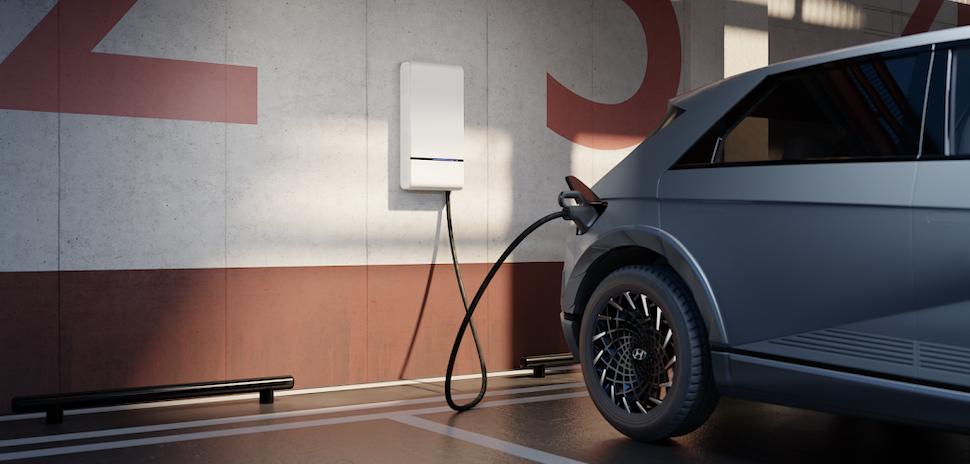
Wallbox Quasar 2 EV charger. [Photo: Wallbox]
Wallbox said the new facility is being constructed through a “cradle-to-cradle methodology,” which looks to eliminate unnecessary waste through “design and eco-efficient materials”—part of the company’s effort to hit net-zero greenhouse gas emissions across its global footprint by 2030. The Arlington facility adds to other Wallbox operations in the U.S., including the company’s North American headquarters and a warehouse in California, along with an additional warehouse in North Carolina.
The company’s move to North Texas was aided by an annual grant from 2023 to 2029 from the city of Arlington “equal to 80% of its property taxes collected by the city,” in addition to waived building permit fees for improvements and redevelopment, the Fort Worth Star-Telegram reported last year. According to the Dallas Business Journal, Wallbox chose Arlington due to its location as a central hub between the coasts.
Wallbox’s manufacturing and sales expansion is being fueled in part by around $250 million the company landed from its merger with blank check company Kensington Capital Acquisition Corp. II last October. Founded in 2015, Wallbox now trades on the New York Stock Exchange under the ticker WBX.
“Wallbox is a significant addition to Arlington’s Great Southwest Industrial District and we’re thrilled the company chose our city for its first U.S. manufacturing plant,” Arlington Mayor Jim Ross said in a statement. “Wallbox hasn’t just brought great-paying manufacturing jobs to our city, they have created jobs that are geared towards the future of where this country is going.”
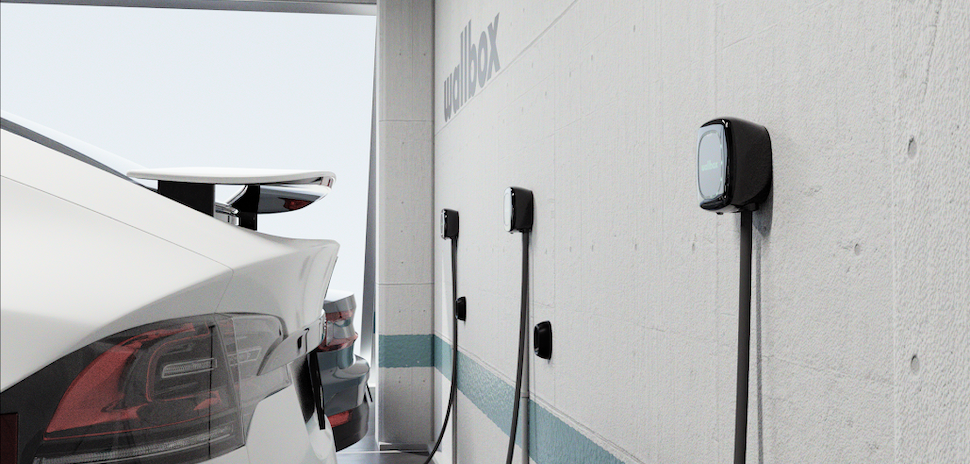
Wallbox Pulsar Plus EV chargers. [Photo: Wallbox]
![]()
Get on the list.
Dallas Innovates, every day.
Sign up to keep your eye on what’s new and next in Dallas-Fort Worth, every day.










